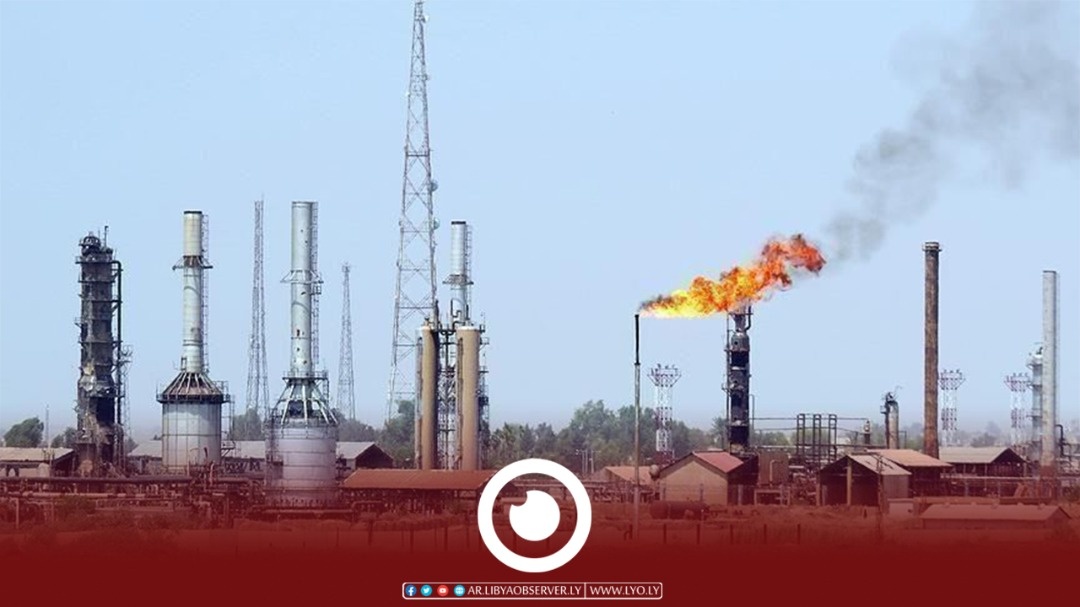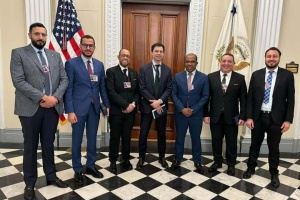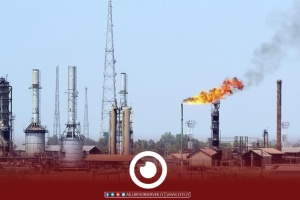The Ministry of Oil and Gas of the Government of National Unity (GNU) called on all parties to keep oil and gas production and export operations away from any private issues or disputes, warning of the possibility of losing importers of Libyan oil irretrievably, as a result of the fear of instability in supplies.
The Ministry reaffirmed its support for demanding rights and redressing injustice, calling on all relevant parties in this regard to be wise and to ensure the continuation of oil production, improving its marketing, and avoiding its use as a pressure card. It explained that the consequences and repercussions of those previous closures were very serious for Libya.
The Oil Ministry pointed out the possibility of returning to the declaration of force majeure and other possible measures, which would force the partners to look for an alternative other than Libya due to the country's inability to fulfill contracts and agreements. It indicated that the risk of closure of the Libyan oil market "is great," and that the countries participating with Libya in production in exchange for quotas will be affected by this closure.
A number of protesters in the southern region announced the closure of Sharara oilfield, holding the National Oil Corporation and the government responsible for the negative effects that would result from this shutdown until the rights of Fezzan region were answered.







